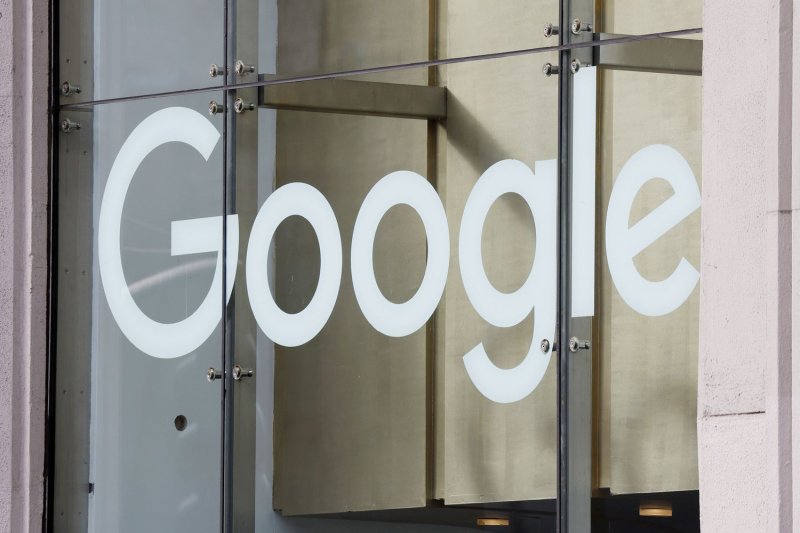DOJ antitrust trial exposes Google's push to dominate Android using defaults
Last year, Google quietly explored deals that would've tightened its grip on Android phones by locking in not just its search engine, but its Gemini AI app and Chrome browser as defaults. That internal strategy came to light during the second day of a major antitrust trial in Washington, Reuters reported.

The findings came less than a week after a federal judge found Google guilty of illegal monopoly in online ad markets. The judge ruled that Google illegally dominated two key markets in online advertising, marking a significant win for the U.S. Department of Justice in its ongoing antitrust battle with the tech giant.
Antitrust Battle
According to Reuters’ report, the U.S. Department of Justice, joined by a coalition of state attorneys general, is aiming to break Google’s dominance in online search. They’re asking the court to force the company to sell off its Chrome browser and make structural changes that would disrupt its current foothold in search and advertising.
“Alphabet’s Google contemplated deals with Android phone makers such as Samsung last year that would provide exclusivity for not only its search app, but also for its Gemini AI app and Chrome browser, according to a document shown at the second day of an antitrust trial,” Reuters reported.
Monopoly Concerns
U.S. District Judge Amit Mehta already ruled that Google secured its monopoly through default search agreements—like those with Samsung—that boxed out competitors before users even touched their screens.

On April 1, Google signed a new agreement with Samsung that removed those limits. The deal is now non-exclusive, meaning Samsung can load rival search apps if it wants to. Still, prosecutors pointed out that Google had never publicly announced this change, even though it was trying to show good faith by modifying its contracts.
AI Dominance
At the heart of the trial is a broader concern: that Google’s dominance in search could carry over into AI. Prosecutors said Monday that the company’s growing AI footprint, through apps like Gemini, is just another way to funnel people back to its search engine and keep rivals like ChatGPT in the shadows.
Nick Turley, OpenAI’s head of product for ChatGPT, is expected to testify Tuesday. Prosecutors plan to highlight how Google’s agreements with device makers make it harder for competitors to gain distribution for AI tools.

Future Implications
Google argues that this case has nothing to do with AI and faces competition from players like Meta, with users free to choose tools they prefer. However, revelations in court suggest Google's reliance on default placements could shape not just search behavior, but the future of AI as well.
The latest decision from the trial could potentially jeopardize Google’s ad business. The DOJ contends that the company should be compelled to divest its Google Ad Manager, comprising the ad server and ad exchange at the core of the case.




















